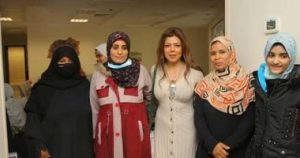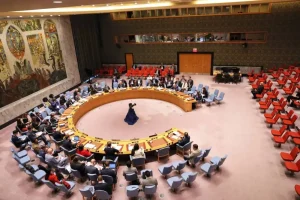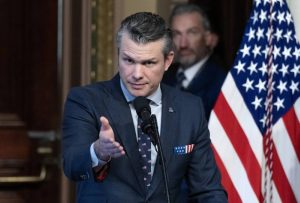King Faisal Specialist Hospital and Research Center has established its Epilepsy Center as one of the top ten centers worldwide performing deep brain electrical mapping (Stereo-EEG) surgeries at a rate of 1 to 2 operations weekly, making it the largest in the Middle East for epilepsy surgeries. Since 1993, the center has served over 4,000 patients and conducted more than 2,000 successful surgeries for drug-resistant epilepsy. Recently, it introduced the deep brain electrical mapping program as a precise and minimally invasive diagnostic tool that improves cure rates and reduces complications.
This technique represents a qualitative leap in treating drug-resistant epilepsy by accurately locating seizure foci, enabling targeted treatment plans including surgical resection or neurostimulator implantation. This restores autonomy and quality of life for many patients. The procedure involves inserting fine electrodes through small skull openings, reducing risks compared to traditional surgery and enabling treatment plans that have shown most patients achieve full seizure control and return to normal life. Additionally, this advanced technique reduces long-term healthcare costs by decreasing reliance on expensive medications and their side effects, while enabling faster return to work and reducing productivity losses.
According to WHO data, about 50 million people worldwide suffer from epilepsy, with 30% not responding to drug treatments, negatively impacting their daily lives, work ability, and driving. Surgery thus becomes the optimal choice to restore normal life.
This achievement aligns with King Faisal Specialist Hospital’s vision to advance specialized neurological care services by harnessing the latest advanced diagnostic and surgical technologies in treating drug-resistant epilepsy, reinforcing its position as a leader in medical innovation and supporting Saudi Arabia’s role in enhancing its global standing in specialized healthcare.













Recommended for you
Exhibition City Completes About 80% of Preparations for the Damascus International Fair Launch
Talib Al-Rifai Chronicles Kuwaiti Art Heritage in "Doukhi.. Tasaseem Al-Saba"
Unified Admission Applications Start Tuesday with 640 Students to be Accepted in Medicine
Egypt Post: We Have Over 10 Million Customers in Savings Accounts and Offer Daily, Monthly, and Annual Returns
His Highness Sheikh Isa bin Salman bin Hamad Al Khalifa Receives the United States Ambassador to the Kingdom of Bahrain
Al-Jaghbeer: The Industrial Sector Leads Economic Growth